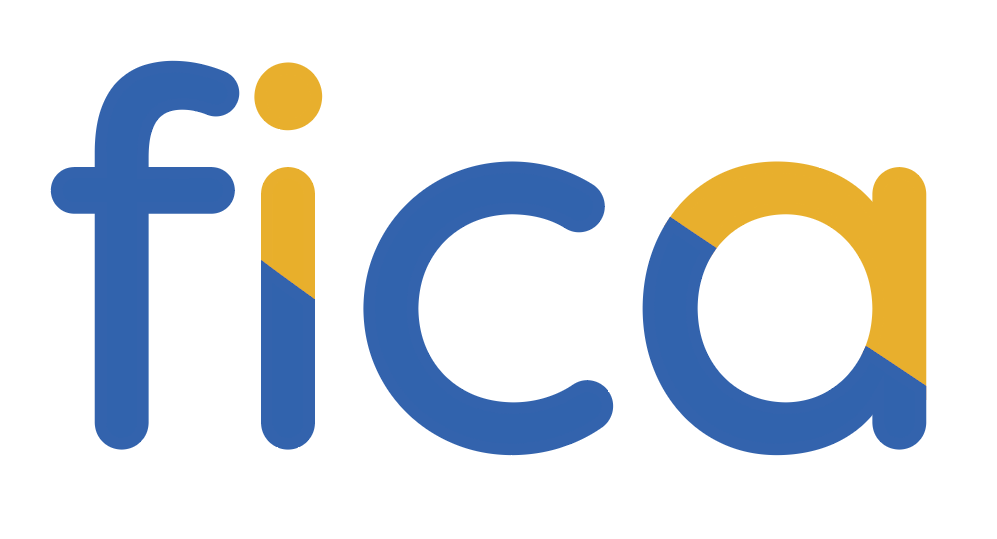The 7th Overseas Mission Conference or OMC was held in Saint Charles, IL in the fall of 2000. We were anxious that year because of the possibility for the computer to crash, which would have led to power outage and disrupted transportation and telecommunication. However, the glitch was minimal and everything seemed smoothly transition to the new millennium.
The new millennium marked the beginning of President Abdurrahman Wahid (Gus Dur) tenure as the 4th president of Indonesia. Mr. Gus Dur was the first president elected through democratic process in Indonesia. Although the president was not elected directly by the people, the 1999 was the elections that featured 3 presidential candidates. Gus Dur with the help of Amin Rais’ “Middle Block” (Poros Tengah) won the support of more than half of the legislators (MPR) to become the president on October 1999.
Mr. Gus Dur election had angered a lot of people because his party was only garnered 12% of the vote. Mrs. Megawati’s PDIP collected 33% vote but still did not win the presidency. PDIP, the largest block in DPR, initiated a review process of the 1945 Constitution to amend the presidential election process. Mr. Jacob Tobing of PDIP successfully led the amendment process. In 2001, it was decided by the MPR that the president is elected by popular vote every 5 years and can only serve 2 terms.
Beside on presidential election, there were host of amendments on the 1945 discussed by the MPR. This is because for 32 years the 1945 Constitution was used to support President Soeharto’s dictatorship. With Soeharto’s resignation, the country tried to find a model that could guard Indonesia from ever be ruled by dictator and be a true democracy.
FICA through OMC 7 challenged Indonesian Christians in the US to participate in steering the direction of the future Indonesia’s democracy. During OMC 7, we learnt about the gap between biblical and current Indonesia’s laws and government. We learnt about the basic concept of democracy and civil society. We also learnt about the types and roles of non-governmental organization in building civil society mainly through educating and empowering the common people of government policy implications.
Most of us attending the conference had engineering or business backgrounds. We did not have any knowledge and hence appreciation on the political fighting occurred in Indonesia. Without attending OMC 7, some of us would have not understand and realize that democracy was a pagan idea. However, democracy flourished in the West because of the civility of its society. The society in the West is civilized because it practiced the principles written in the bible. The West respects everybody with different beliefs and gives space to pursue individual truth. Its society assures every citizen to be equal because everybody is created equal in God’s image. On the other hand, its citizens care about their neighborhood and governments. They willingly volunteer their time to develop their society.
After OMC 7, we realized that Indonesia was in critical junction. Indonesia was in the process of shaping the democratic process. However, we did not have the social capital that made democracy thriving in the West. To participate in steering the future Indonesia’s democracy, we have to educate ourselves and others and to engage in the process continuously.
